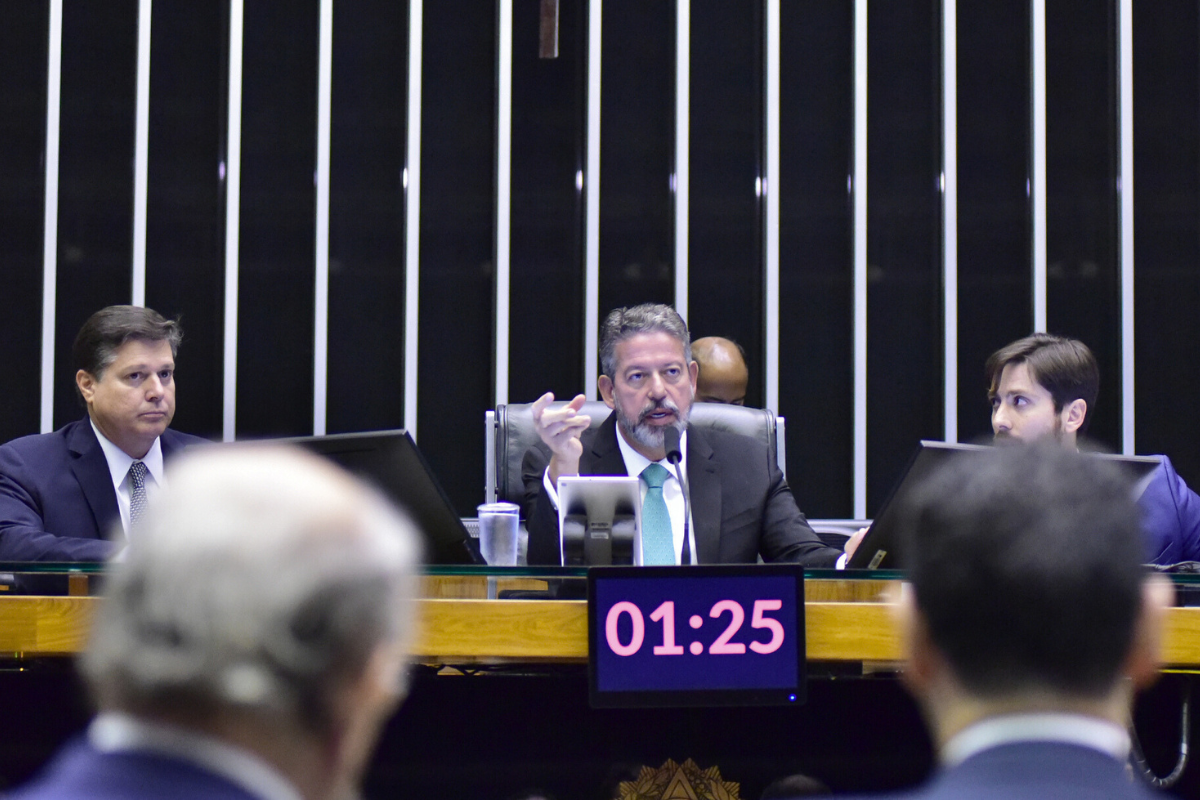Brazil’s lower house of Congress on Friday approved by an overwhelming 335-56 vote a provisional decree that changes the rules for state-level tax incentives, a major victory for the Luiz Inácio Lula da Silva administration. The decree will become law if approved by the Senate.
While an important tool to boost revenues in 2024, the legislation will not raise as much money as the government intended, as lawmakers granted companies discounts of 80 percent on the amount of taxes due.
Initially, the Finance Ministry expected the new rule to increase federal revenues by BRL 35 billion (USD 7 billion) in 2024, and a total of BRL 137 billion over the next four years.
To put the amount in perspective, Finance Minister Fernando Haddad has said that he expects taxes from sports betting to reach BRL 2 billion next year. The government has also received at least BRL 12 billion in revenue since the restoration of its tie-breaking vote in Carf, the country’s tax appeals court. An end to a tax break on firearms is expected to bring in less than half a billion reais.
Raising revenue is crucial to Mr. Haddad’s bold fiscal targets of achieving a zero primary deficit. But Lula does not consider the plan a priority.
Currently, state governments are allowed to offer tax breaks to companies. By paying less in taxes, these companies can generate greater profits. The federal government argues that since the profits are greater, the companies should also pay more federal taxes.
The provisional decree follows a June decision by the Superior Court of Justice, Brazil’s second-highest judicial body, which ruled that tax credits must be included in the calculation of corporate taxes, except for those granted for investment.
Friday’s victory comes after a series of legislative setbacks suffered by the government on Thursday — when lawmakers from both congressional chambers struck down several presidential vetoes, two of which directly affect federal revenues. One extends payroll tax exemptions to 17 economic sectors, while the other reduces the government’s leeway in handling its fiscal targets.
According to the new fiscal framework proposed by the Finance Ministry earlier this year, the government must aim for a zero-deficit budget in 2024 — with a tolerance for a deficit of 0.25 percent of GDP.
On Wednesday, the Central Bank cut Brazil’s benchmark interest rate by a half percentage point to 11.75 percent — and warned that the pursuit of the established fiscal targets are paramount for the continuation of monetary easing.


 Search
Search






































